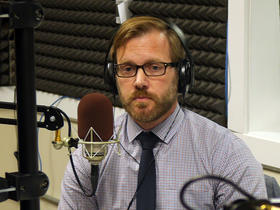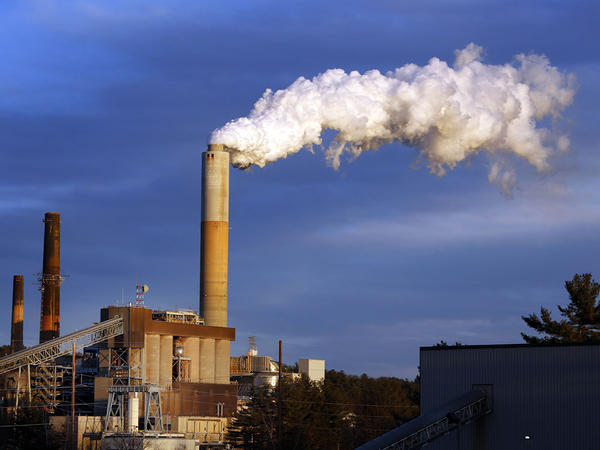Fallout From New EPA Rules On U.S. Power Plants Underway
President Obama unveiled a sweeping and unprecedented plan to significantly cut carbon emissions from U.S. power plants over the next 15 years.
The plan requires a 32 percent reduction below 2005 levels of carbon emission by 2022.
The president compared the emissions reduction to taking 166 million cars off the road. He also said the new Environmental Protection Agency rules will create jobs, reduce energy bills for homes and businesses, protect public health and push the development of sustainable energy sources.
But the response from critics of the rules was swift.
In a statement, Regional Business Coalition of Metropolitan Atlanta chairman Mike Stephens called the emissions reduction plan “an unprecedented attempt by the EPA to set energy policy for the entire country.”
 Stephens also predicted it will “drive up energy costs, cause job losses and hurt economic growth.”
Stephens also predicted it will “drive up energy costs, cause job losses and hurt economic growth.”
“It really depends on how Georgia responds to its carbon reduction requirement,” Ebersbach said during an interview on “A Closer Look.”
“The rule does give Georgia the flexibility to craft a plan of its own,” he added.
Georgia Public Service Commission chairman Tim Echols insisted, also during an interview on “A Closer Look,” that the new EPA carbon reduction rules will cost the state and consumers money.
Echols said the new rules will force “a premature investment” in renewable energy forms.
“I’m not arguing that these won’t help us – that these aren’t good things down the road. I’m just saying that you don’t get it for free,” Echols said.

Under the new rules, Georgia and the other 49 states have seven years to come up with a plan to reduce carbon emissions. Georgia has a good head start. The state and Georgia Power have already closed older coal-fired power plants and updated pollution controls on other plants.
NPR reported that opponents of the new rules, including Senate Republican leader Mitch McConnell, have promised to fight the climate rule, and they’re urging states not to comply with the EPA regulation.
Ebersbach maintained carbon pollution is a big problem around the world and he contends the Southeast is already feeling the effects.
“I agree with the president that we’re the first generation to feel its effects and we’re the last generation that can do anything about it.”
WABE’s Rose Scott and Denis O’Hayer contributed to this report.
9(MDAxODM0MDY4MDEyMTY4NDA3MzI3YjkzMw004))









